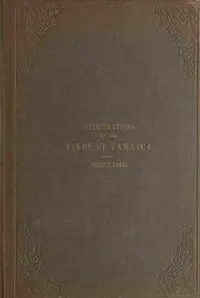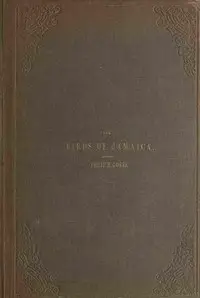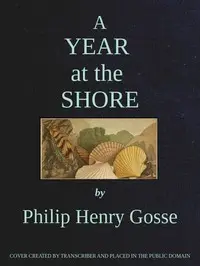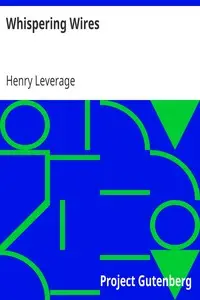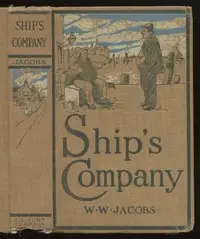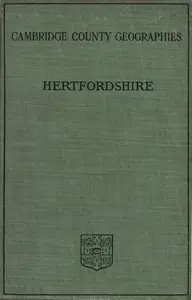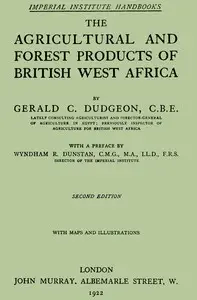"Omphalos: An Attempt to Untie the Geological Knot" by Philip Henry Gosse is a scientific publication written in the mid-19th century. The book explores the complexities and challenges of reconciling geological findings with scriptural interpretations regarding the age of the Earth. Gosse proposes a principle he calls the "Law of Prochronism in Creation," suggesting that traditional geological calculations may be flawed due to overlooked elements that would affect conclusions about Earth's history. The opening of "Omphalos" introduces the author's contemplation on the historical conflict between geology and scripture, exemplified through illustrative anecdotes about nautical navigation and astronomy. Gosse discusses the failures of past conclusions drawn by scientists and expresses a desire to present a new fundamental idea that may offer reconciliation between geological evidence and biblical timelines. He emphasizes the importance of self-discovery in scientific inquiry, encouraging readers to find their own understanding of truth amid the complexities surrounding geological phenomena. His preface sets a reflective tone, preparing readers for a detailed exploration of the geological evidence and its implications for creationism. (This is an automatically generated summary.)
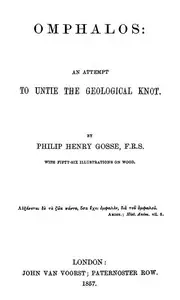
Omphalos: An Attempt to Untie the Geological Knot
By Philip Henry Gosse
"Omphalos: An Attempt to Untie the Geological Knot" by Philip Henry Gosse is a scientific publication written in the mid-19th century. The book explor...
Genres
Released
2012-06-03
Formats
mobi
epub
mobi (images)
epub3 (images)
epub (images)
Free Download
Overview
About the Author
Philip Henry Gosse, known to his friends as Henry, was an English naturalist and populariser of natural science, an early improver of the seawater aquarium, and a painstaking innovator in the study of marine biology. Gosse created and stocked the world's first public marine aquarium at London Zoo in 1853, and coined the term "aquarium" when he published the first manual, The Aquarium: An Unveiling of the Wonders of the Deep Sea, in 1854. His work was the catalyst for an aquarium craze in early Victorian England.
Total Reviews
10.0k
Total reviews from Goodreads may change

